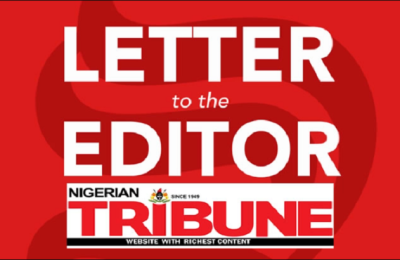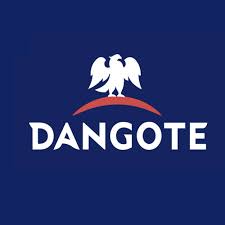

ALTHOUGH Nigeria has held primary health care as the official foundation of its national health policy since 1986, it took nearly 30 years to give legal backing to a standard service package with the legislative passage and presidential signing of the National Health Acl in 2014. The law provides that “all citizens shall be entitled to a basic minimum package of health services…” defined as “the set of health services as may be prescribed from time to time by the Minister after consultation with the National Council on Health.” The minimum package should reflect Nigeria’s minimum core obligations in health care, constitutional rights to life and human dignity. The definition is important for costing and funding the minimum package. The legislature is invited to use the power of oversight to nudge the Minister of Health to facilitate the definition of this package.
This is even more imperative as Section 1 of the National Health Insurance Authority Act establishes the National Health Insurance Authority while Section 3 provides for its functions to include, but not limited to, promote, integrate and regulate all health insurance schemes that operate in Nigeria; ensure that health insurance is mandatory for every Nigerian and legal resident; and enforce the basic minimum package of health services for all Nigerians across all health insurance schemes operating within the country, including federal, states and FCT as well as private health insurance schemes. It is evident that providing equitable access to health care for every Nigerian is central in the country’s National Health Act. But the Nigerian Health System ranks poorly in terms of access and quality just as the country also ranks poorly on Transparency International’s Corruption Perception Index.
The problem of lack of access to quality health care is linked with wasteful use of primary care services at referral centres. In the rural communities where the burden of disease morbidity and mortality is high, efficient health expenditure and service utilization is plagued by the absence of adequately functioning Primary Health Centres (PHCs), poor or inadequate cost sharing schemes and due to corrupt practices in the health sector.

In order to curb these issues, policy options such as revamping the PHC and prioritizing the delivery of a basic minimum package of health care are useful to consider. Furthermore, the implementation of strong actions to tackle corruption in the health sector will improve access to care and health outcomes and it does not incur extra financial investment. This is achievable through improvement in public financial management and limiting corruption by making right choices in resource allocation towards pro-poor interventions. Similarly, a well designed package of services and prioritization of primary care making best use of human resources will be beneficial. This is relevant to the Nigerian health system, leveraging the country’s decentralized administration and strengthening community health committees’ role in ensuring accountability and transparency at the PHCs. Also, considering the role community health committees play in driving demand in rural communities, the National Primary Health Care Development Agency (NPHCDA) can coordinate the development of a joint action plan for health care delivery between this committee (s) and each respective PHC facility.
ALSO READ FROM NIGERIAN TRIBUNE
This will promote efficient use of resources and facilitate access to quality health care at each facility. Strategic actions such as revamping the PHCs and prioritising the basic minimum package delivery through national and state-driven insurance schemes are important in filling up policy gaps for optimising healthcare delivery. But without strong actions against corruption in Nigeria, UHC remains aspirational and not realistic. While revamping PHCs is in line with global recommendations as an efficient route to UHC, the economic realities in the country make it less feasible. Similarly, prioritisation of the basic minimum package through state operationalisation of cost-sharing schemes would support wider coverage, but its implementation is delayed in the states. It is a relevant call for action in the health sector and practicable through an initial vulnerability assessment of the health sector.

While more local evidence needs to be generated to guide concrete steps, political support will also be essential in driving this policy by ensuring appropriate sanctions against corrupt practices where necessary to produce a measurable impact.
- Okeke writes in from the Centre for Social Justice (CSJ) Nigeria.








